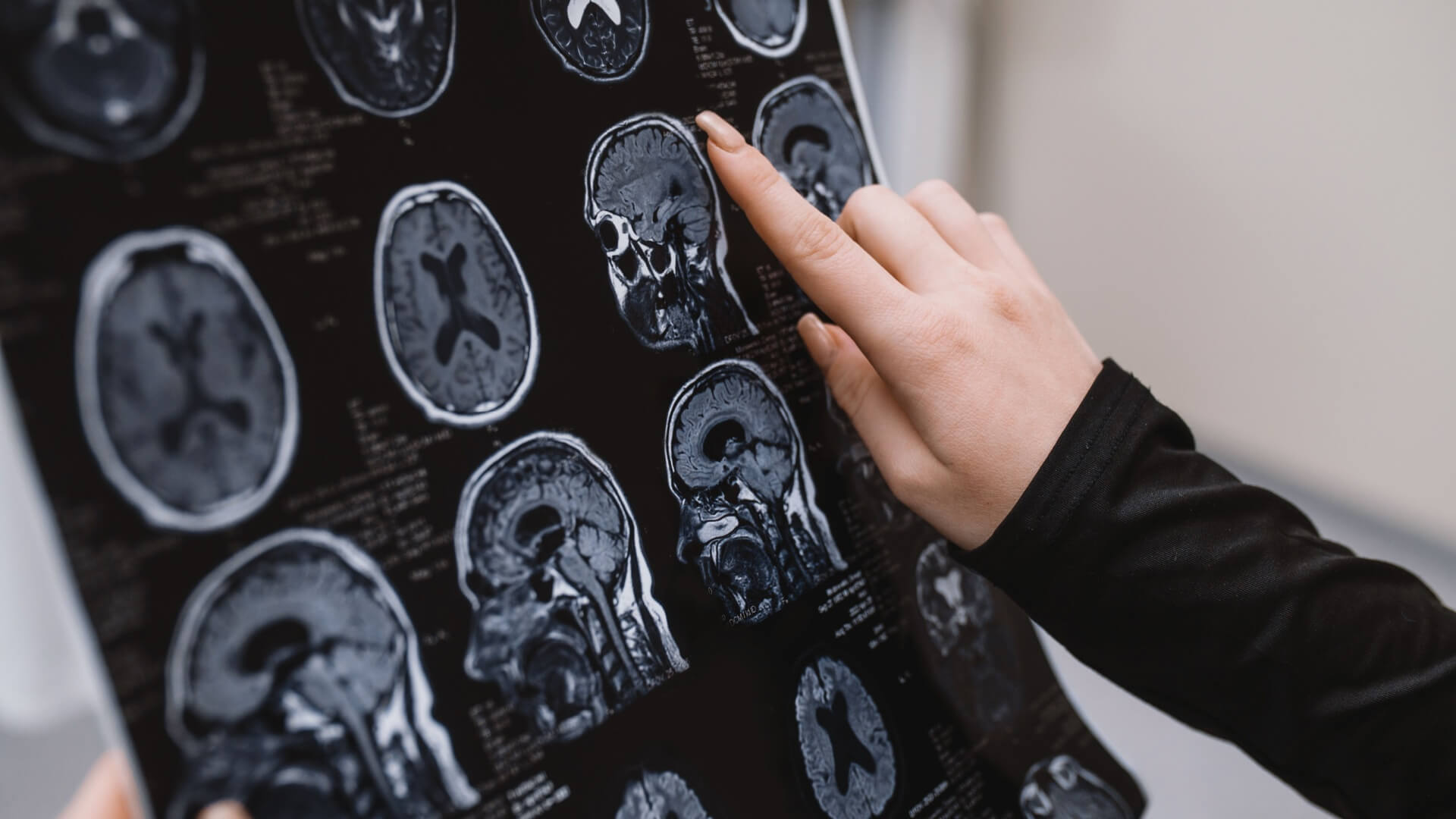June 6, 2025
Understanding Common Neurological Disorders and Advances in Their Management
Neurological disorders affect millions of people worldwide, disrupting lives and presenting significant challenges for individuals and their families. By understanding these conditions better, we can not only help spread awareness but also improve early diagnosis and effective treatment strategies.
Gladiator Therapeutics will guide you through the most common neurological disorders, their causes, symptoms, and treatments, while highlighting innovative approaches to managing these complex conditions.
What Are Neurological Disorders?
Neurological disorders are diseases of the brain, spinal cord, and nerves that connect them. These conditions affect a broad range of human functions, including movement, speech, memory, and even behavior.
Understanding these disorders is vital not only for those affected but also for healthcare providers, caregivers, and society at large, as early awareness and intervention can significantly improve outcomes.
Exploring Common Neurological Disorders
1. Epilepsy
Epilepsy is a chronic condition characterized by recurrent seizures due to excessive electrical activity in the brain.
- Causes: Genetic factors, brain injury, or infections can trigger epilepsy.
- Symptoms: Sudden muscle jerks, loss of awareness, and confusion post-seizures.
2. Headaches
Headaches are among the most common neurological complaints, including migraines and tension headaches.
- Triggers: Stress, lack of sleep, dehydration, or certain foods.
3. Parkinson’s Disease
Parkinson’s is a progressive neurodegenerative condition that primarily affects movement.
- Symptoms: Tremors, stiffness, and slowed movement.
4. Alzheimer’s Disease
A prevalent cause of dementia, Alzheimer’s weakens memory and cognitive functions.
- Early Signs: Forgetting recent events, confusion, and mood changes.
- Risk Factors: Aging, genetics, and certain lifestyle choices.
5. Brain Tumors
Brain tumors can be benign or malignant and affect the brain’s functioning.
- Types: Gliomas, meningiomas, and metastatic tumors.
- Diagnosis: MRI scans, biopsies, and symptom evaluation.
6. Amyotrophic Lateral Sclerosis (ALS)
ALS leads to the progressive degeneration of motor neurons.
- Symptoms: Muscle weakness, difficulty speaking, and swallowing.
- Management: Physical therapy, ventilatory support, and symptom-targeted medications.
7. Ataxia
Ataxia impairs coordination and affects movement.
- Causes: Genetic conditions, trauma, or infections.
- Management: Occupational therapy and assistive devices for mobility.
8. Bell’s Palsy
This condition causes sudden facial muscle weakness or paralysis.
- Causes: Viral infections such as herpes simplex.
9. Dementia
Dementia encompasses various conditions such as vascular dementia and Alzheimer’s.
- Symptoms: Cognitive decline, memory issues, and difficulty reasoning.
- Care Strategies: Structured routines, therapies, and caregiver support.
10. Cerebral Palsy
A group of disorders affecting motor skills, cerebral palsy is usually caused by brain damage at birth.
- Types: Spastic, dyskinetic, and ataxic cerebral palsy.
- Management: Physical therapy, medication, and sometimes surgery.
11. Multiple Sclerosis (MS)
MS is an autoimmune disorder where the immune system attacks the protective covering of nerves.
- Symptoms: Fatigue, tingling, and coordination problems.
12. Spinal Cord Injury
Spinal cord injuries can disrupt signals between the brain and the rest of the body.
- Causes: Trauma or disease.
- Rehabilitation: Physical therapy, assistive devices, and psychological support.
13. Aneurysm
An aneurysm is a balloon-like bulge in a blood vessel in the brain that can rupture.
- Types: Thoracic or cerebral aneurysms.
- Treatment: Surgery (clipping or coiling) to prevent rupture.
14. Guillain-Barré Syndrome (GBS)
GBS is a rare autoimmune disorder where the immune system attacks the nervous system.
- Symptoms: Weakness and tingling in your extremities.
- Treatment: Immunotherapy and plasmapheresis.
15. Peripheral Neuropathy
This condition affects the peripheral nerves, causing pain and weakness.
- Causes: Diabetes, infections, and toxins.
- Management: Medications, physical therapy, and addressing the underlying cause.
16. Developmental Disorders
These include conditions like autism and ADHD that affect neurodevelopment.
- Symptoms: Delays in learning, communication, or behavior.
- Interventions: Behavioral therapies, educational support, and medication.
17. Hydrocephalus
Hydrocephalus is caused by excess cerebrospinal fluid in the brain.
- Treatment: Surgical insertion of a shunt for fluid drainage.
How Innovation Is Transforming Neurological Disorder Management
Gladiator Therapeutics offers a groundbreaking approach that enhances treatments for neurological and autoimmune disorders using quantum physics.
Our patented ceramic devices, based on Einstein’s quantum theory, convert body heat into light photons, which are then absorbed back into the body to activate essential cellular processes like respiration, regeneration, and signaling.
Our technology stands out with its ability to provide systemic treatment and deep tissue penetration without overheating. With applications in soft tissue injuries, chronic wounds, and neurological disorders, this innovation offers a beacon of hope for millions.
To explore additional resources and see how Gladiator Therapeutics is changing the game in medical innovation, contact us today.

